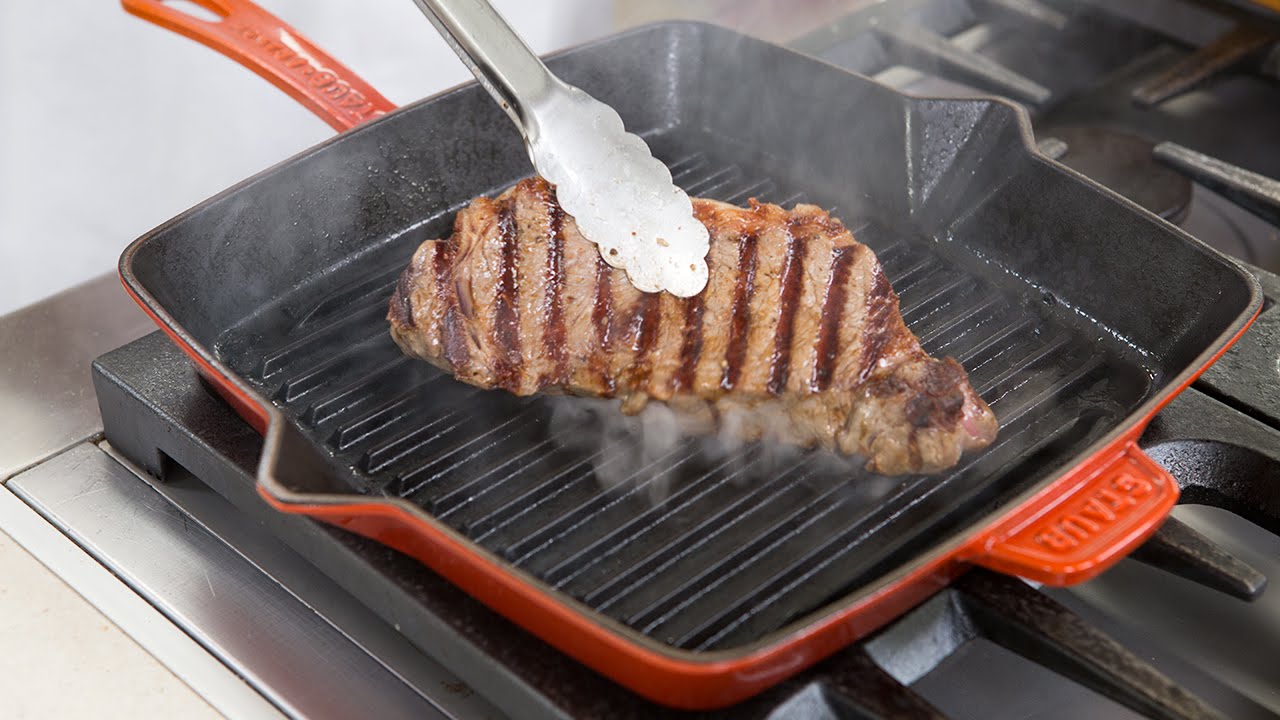Maintaining a sparkling black kitchen sink can seem like a daunting task. Fear not! With the right techniques, you can keep your sink looking pristine. In this in-depth guide, I will walk you through the best practices, essential tools, and insider tips for cleaning a black kitchen sink, ensuring it remains a standout feature in your kitchen decor.

Why Black Kitchen Sinks?
Before diving into the cleaning specifics, let's explore why black kitchen sinks are so popular. A black sink adds a touch of elegance and modernity to any kitchen. They are often made of materials like granite composite, quartz, or fireclay, making them durable as well as visually striking. However, their dark hue can also show water spots, soap scum, and other residues more prominently than lighter sinks, necessitating special care.

Essential Tools and Supplies
Before cleaning your black kitchen sink, gather the following supplies:
- Soft cloth or sponge
- Mild dish soap
- Baking soda
- White vinegar
- Lemon juice
- Microfiber cloth
- Olive oil or mineral oil
Having these supplies on hand will help you tackle any cleaning task efficiently. For tips on cleaning countertops, make sure to check out our guide.

Daily Maintenance for a Pristine Sink
Daily care can make a significant difference in maintaining the shine and hygiene of your black sink. Here's how you can ensure your sink stays clean every day:
Rinse After Each Use
Rinse your sink thoroughly with warm water after every use. This helps remove food particles, soap residues, and other debris that can cause buildup over time. Discover more about maintaining kitchen hygiene in our comprehensive post.
Dry with a Soft Cloth
After rinsing, dry the sink using a soft cloth or microfiber towel. This will help prevent water spots and streaks, which are more noticeable on black surfaces.

Weekly Deep Cleaning
While daily maintenance goes a long way, a weekly deep clean is essential to keep your black kitchen sink looking its best. Here's a step-by-step process:
Step 1: Apply Baking Soda
Sprinkle a generous amount of baking soda across the sinks surface. Baking soda is a gentle abrasive that effectively removes stains and odors.
Step 2: Add Vinegar
Pour white vinegar over the baking soda. The mixture will fizz and bubble, helping to break down grime and disinfect the sink.
Step 3: Scrub Gently
Using a soft cloth or sponge, gently scrub the sink in circular motions. Pay attention to corners and edges where dirt can accumulate.
Step 4: Rinse Thoroughly
Rinse the sink with warm water, ensuring all baking soda and vinegar residues are washed away.
Step 5: Dry Completely
Dry the sink with a microfiber cloth to prevent water spots and maintain its shine. For advice on deep cleaning your kitchen, see our related articles.
Removing Stubborn Stains
Despite regular cleaning, black sinks can sometimes develop stubborn stains. Here are a few tips to tackle those resilient spots:
Use Lemon Juice
Lemon juices natural acidity makes it a powerful cleaning agent. Apply lemon juice to the stain, let it sit for a few minutes, then scrub with a soft cloth and rinse thoroughly.
Baking Soda and Water Paste
For tougher stains, create a paste using baking soda and water. Apply the paste to the stain, let it sit for a few minutes, then scrub gently and rinse. Learn more about removing kitchen stains here.
Preventing Mineral Deposits and Hard Water Stains
Mineral deposits and hard water stains are common issues for black kitchen sinks. Heres how you can prevent and manage them:
Use a Water Softener
If your water supply is hard, using a water softener can help reduce mineral deposits. This will not only protect your sink but also extend the life of your plumbing fixtures. For further details, check out Real Simple's guide on water softeners.
Regular Vinegar Rinse
Make it a habit to rinse your sink with a mixture of water and vinegar regularly. This will help dissolve any mineral deposits before they become stubborn stains.
Maintaining the Shine
To keep your black kitchen sink looking shiny and new, consider the following tips:
Polish with Olive Oil
After cleaning, apply a small amount of olive oil or mineral oil to a soft cloth and wipe down the sink. This will give your sink a nice shine and help repel water and debris.
Avoid Abrasive Cleaners
Steer clear of harsh or abrasive cleaners, as they can damage the sinks surface. Stick to mild dish soap and gentle scrubbing tools.
Common Mistakes to Avoid
When cleaning a black kitchen sink, avoid these common mistakes to maintain its appearance and longevity:
Using Harsh Chemicals
Avoid using bleach or other harsh chemicals, as they can discolor or damage the sinks surface.
Neglecting Regular Maintenance
Skipping daily or weekly cleaning can lead to buildup and stains that are harder to remove over time. Consistency is key. For more tips, visit our page on kitchen maintenance.
FAQs
How often should I clean my black kitchen sink?
It's best to rinse and dry your sink daily, with a deep clean at least once a week to maintain its appearance and hygiene.
Can I use bleach on my black kitchen sink?
No, it's not recommended to use bleach or harsh chemicals on a black kitchen sink as they can cause discoloration and damage.
What should I do if my sink has hard water stains?
A regular vinegar rinse can help remove and prevent hard water stains. For stubborn stains, lemon juice or a baking soda paste can be effective.
For more professional advice on black kitchen sink maintenance, visit Houzz.
As an Amazon Associate, I earn from qualifying purchases.






Leave a comment
This site is protected by hCaptcha and the hCaptcha Privacy Policy and Terms of Service apply.